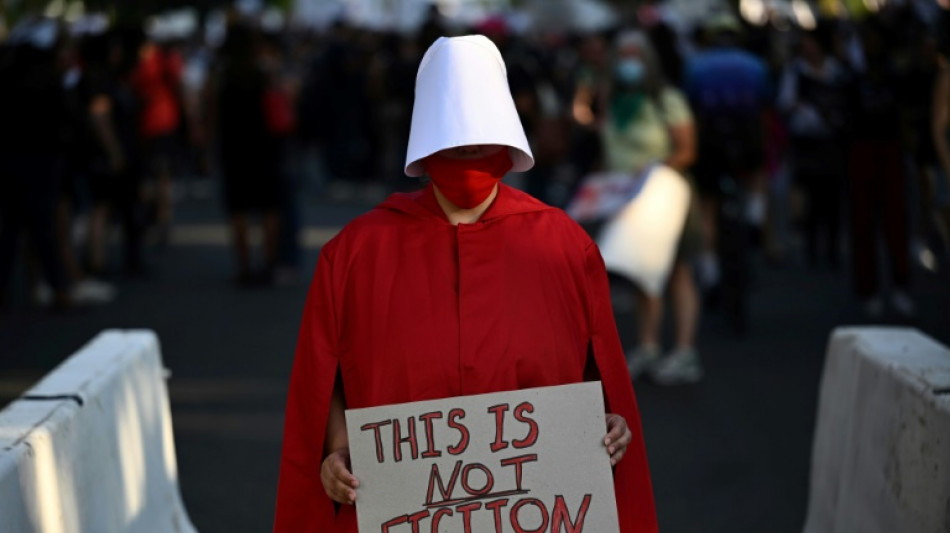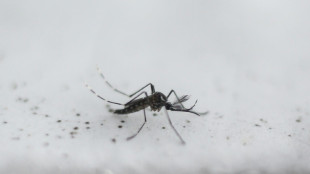

US girds for second day of protest against abortion ruling
Abortion rights supporters prepared to fan out across America Saturday for a second day of protest against the Supreme Court's thunderbolt ruling, as state after conservative state moved swiftly to ban the procedure.
Deeply polarized America woke up to a new level of division: between states that will now or soon deny the right to abortion, enshrined for 50 years, and those that still allow it.
Dozens of new protests were planned Saturday from coast to coast, a day after demonstrations across the country that were largely peaceful -- although police fired tear gas on protesters in Phoenix, Arizona and police in riot gear moved to disperse a hard core of protesters in downtown Los Angeles.
Fueling the mobilization, many fear that the Supreme Court, with a clear conservative majority made possible by Donald Trump, might now set its sights on rights like same-sex marriage and contraception.
At least eight right-leaning states imposed immediate abortion bans -- with a similar number to follow suit in coming weeks -- after the court eliminated constitutional protections for the procedure, drawing criticism from some of America's closest allies around the world.
The court overturned the landmark 1973 Roe v. Wade decision enshrining a woman's right to an abortion, saying individual states can restrict or ban the procedure themselves.
President Joe Biden, who called the ruling a "tragic error" stemming from "extreme ideology," spoke out again Saturday morning as he signed a gun control bill, calling the decision shocking.
"I know how painful and devastating the decision is for so many Americans," Biden said at the White House.
Of the state laws taking effect to ban or severely restrict abortion, Biden added: "My administration is going to focus on how they're administered and whether they violate other laws."
On Friday Biden urged Congress to restore abortion protections as federal law, and said Roe would be "on the ballot" in November's midterm elections.
- 'You have failed us' -
Hundreds of people demonstrated into the night outside the fenced-off Supreme Court on Friday -- and were set to return on Saturday.
In Missouri -- which immediately banned abortion, making no exception for rape or incest -- protesters gathered Friday night in St. Louis at what had been the state's last abortion clinic.
Pamela Lukehart choked back tears as she recalled how things were before abortion became a legal right.
"Women died getting abortions back then," the 68-year-old told AFP, her voice breaking. "We were trying to protect women's rights, women's lives, and now they've taken all that away from us."
As of Saturday morning, at least eight states had already banned abortion -- Alabama, Arkansas, Kentucky, Louisiana, Missouri, Oklahoma, South Dakota and Utah.
The court tossed out the legal argument in Roe v. Wade that women had the right to abortion based on the constitutional right to privacy with regard to their own bodies.
Altogether about two dozen states are now expected to severely restrict or outright ban and criminalize abortions.
Women in those states will either have to continue with their pregnancy, undergo a clandestine abortion, obtain abortion pills, or travel to another state where it remains legal.
While the ruling represents a victory in the struggle against abortion by the religious right, leaders of the largely Christian conservative movement said it does not go far enough and they will push for a nationwide ban.
Several Democratic-ruled states, anticipating an influx of patients, have already taken steps to facilitate abortion and three of them -- California, Oregon and Washington -- issued a joint pledge to defend access in the wake of the court's decision.
J.Suarez--ESF




